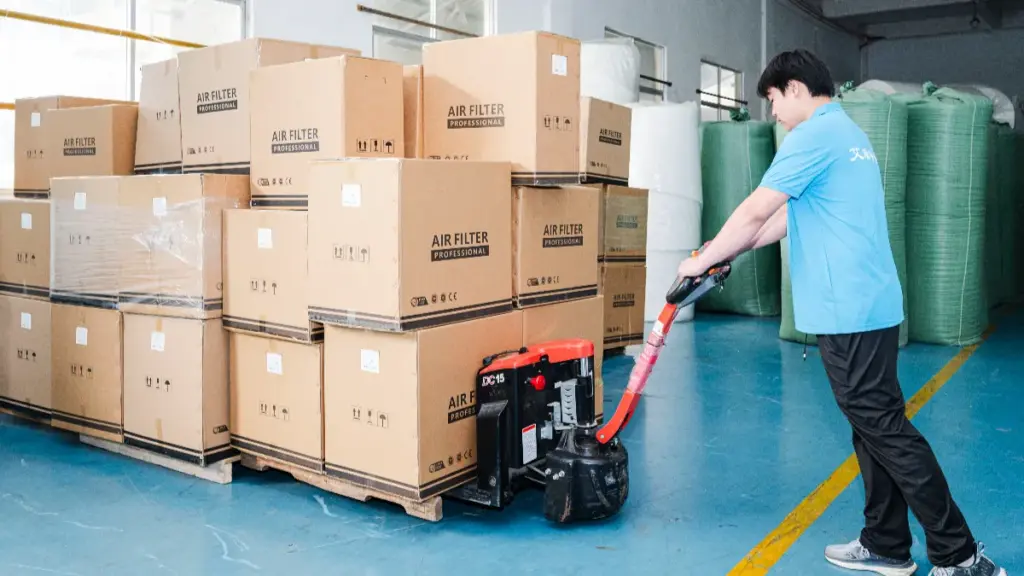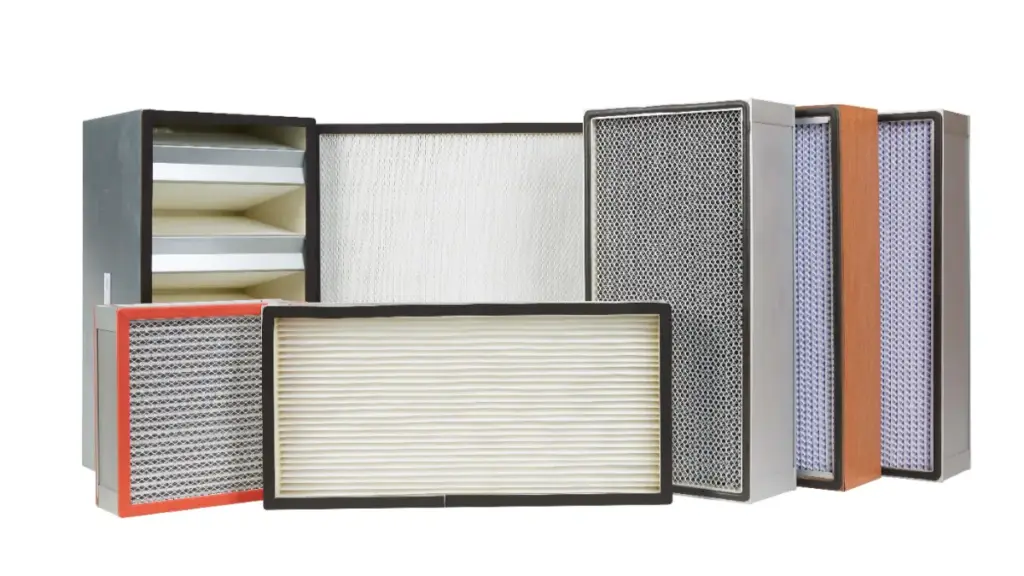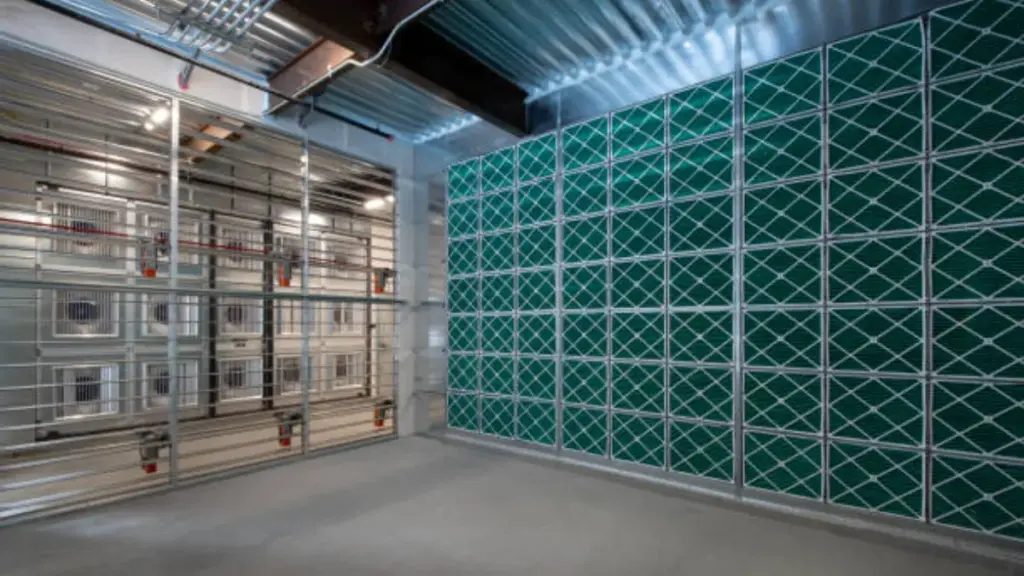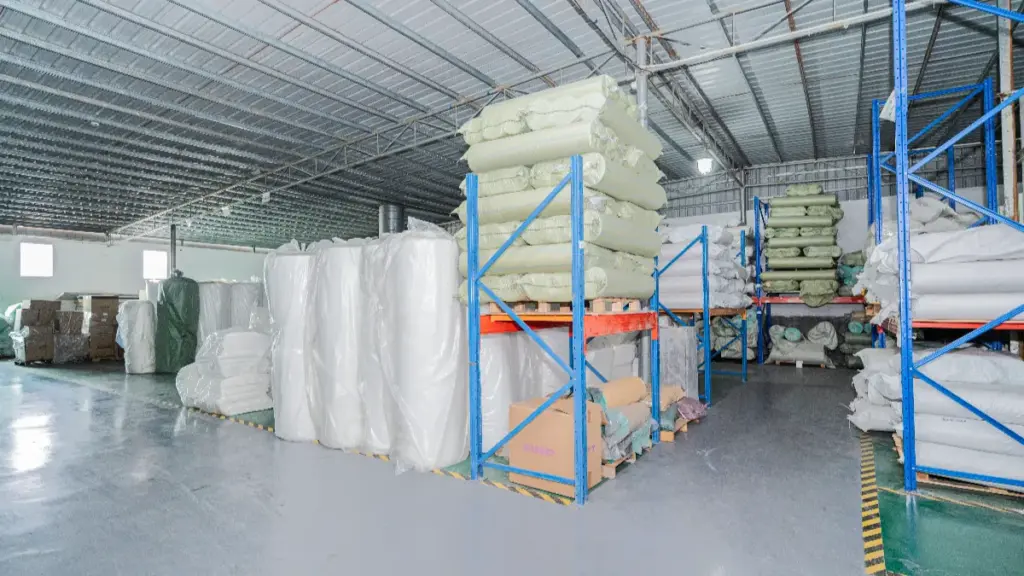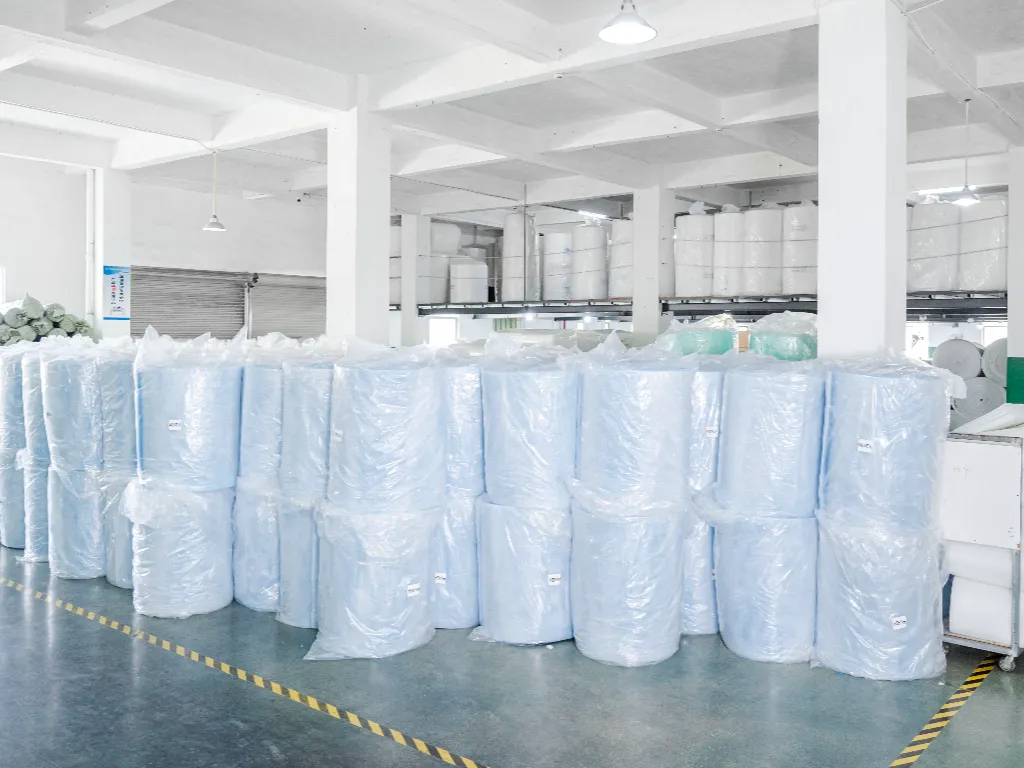The current factory-direct price for industrial stainless steel air filters in 2026 roughly ranges from $18 to $480 per unit, depending on filter type, micron rating, and material grade. As an experienced air filter manufacturer, we provide both standard and high-performance options, ensuring long service life and reliable filtration.
In this guide, I will break down the price factors, explain cost drivers, and give practical advice to help industrial buyers, engineers, and procurement managers make informed, cost-effective purchasing decisions.
Latest 2026 Industrial Stainless Steel Air Filter Price List
The following table reflects typical factory-direct prices for bulk orders (50–200 pieces). Retail or small-quantity purchases are usually higher due to distributor margins and logistics costs.
| Filter Type | Micron Rating | Material Grade | Typical Application | 2026 Factory Price Range (USD/pc) |
| Stainless Steel Mesh Filter | 5–200 μm | SS304 / SS316 | HVAC systems, air handling units, food plants | $18 – $65 |
| Pleated Stainless Steel Air Filter | 1–50 μm | SS304 / SS316L | Industrial dust removal, pharmaceutical, cleanrooms | $45 – $135 |
| Sintered Stainless Steel Filter Cartridge | 0.2–20 μm | SS316L | High-temperature chemical plants, sterile filtration | $68 – $260 |
| Stainless Steel HEPA-Grade Filter (H13/H14) | 0.1–0.3 μm | Hybrid SS frame + media | Electronics, labs, high-purity systems | $95 – $360 |
| High-Temperature Stainless Steel Filter (≥300°C) | 1–5 μm | SS316L / Inconel | Steel mills, furnaces, thermal systems | $120 – $480 |
Note: Prices are typical factory-direct estimates for standard specifications. Actual prices may vary depending on filter size, material grade, micron rating, customization, and order quantity. For an accurate quote tailored to your specific requirements, please submit your inquiry below.
Cost Breakdown: What Determines the Price of Stainless Steel Air Filters?
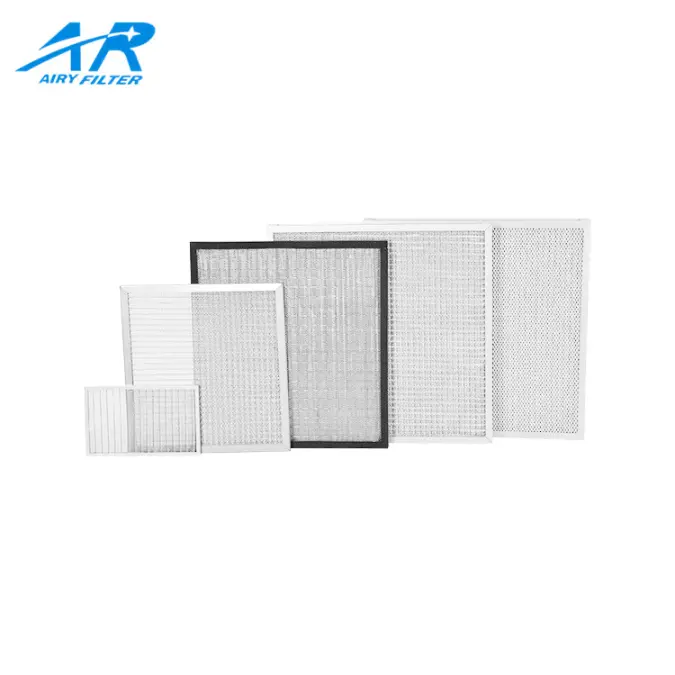
Many buyers focus only on the purchase price. In reality, it is critical to understand the influence factors of industrial stainless steel air filters. Five major factors effect the price of stainless steel air filters:
1. Material Grade
The type of stainless steel has the largest impact. SS304 is widely used due to its durability and affordability. SS316 or SS316L contains additional nickel and molybdenum, enhancing corrosion resistance. These alloys cost more because:
- The raw material itself is more expensive. Nickel and molybdenum prices fluctuate in global commodity markets.
- Higher corrosion resistance requires tighter quality control during rolling, cutting, and welding.
- Specialized handling is needed to prevent contamination, particularly for SS316L used in pharmaceutical or food-grade environments.
Essentially, stronger steel grades require more expensive inputs and more precise processing, driving up the final cost.
2. Filtration Precision and Construction
The micron rating and structural complexity also affect price:
- Lower micron ratings require finer wires, tighter mesh spacing, and more precise pleating or sintering.
- Pleated or sintered designs need advanced machinery and more production steps, including thermal bonding or chemical sintering.
- High-precision filters undergo additional quality inspections to ensure consistent filtration performance.
In short, the more precise the filtration and the more complex the structure, the higher the labor, equipment, and quality assurance costs.
3. Size and Airflow Capacity
Larger filters or those designed for higher airflow naturally require more stainless steel and longer manufacturing time. Larger surface areas also mean extra welding and finishing work. Common large industrial stainless steel air filter sizes include 24″×24″×4″, 20″×25″×2″, and 12″×48″×4″, often used in HVAC systems, cleanrooms, or heavy industrial plants.
Filters designed for higher airflow must handle increased volume without reducing filtration efficiency. This requires thicker frames, stronger support structures, and sometimes multiple layers of pleated media. All of these adjustments add material, labor, and engineering costs, which in turn increases the filter price.
4. Customization, Testing, and Compliance
Filters intended for specific industries often need custom frames, special gaskets, or coatings. Compliance requirements, such as FDA, CE, ISO 16890, or EN 1822 certification, require additional testing and documentation. Every custom request adds labor, quality checks, and sometimes small-batch production, which increases the unit cost.
5. Order Quantity and Supplier Type
Buying directly from a manufacturer usually results in a lower unit price compared to distributors because there is no added margin. Additionally, large-volume orders allow for economies of scale in material procurement, production setup, and shipping logistics. Small orders often require more packaging and handling effort per unit, which naturally increases cost.
When to Change the Industrial Stainless Steel Air Filter?
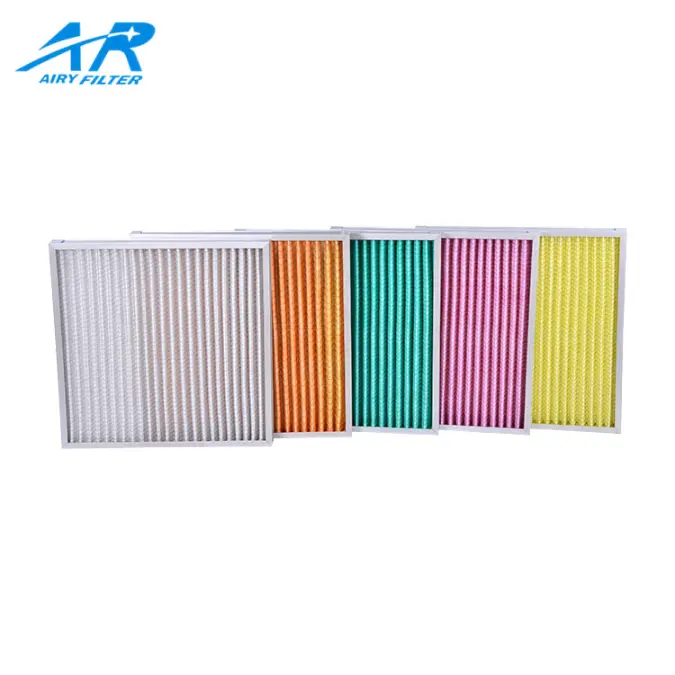
Although stainless steel filters last longer than aluminum or paper alternatives, they still require periodic maintenance and replacement. A clogged filter increases energy consumption as fans work harder to maintain airflow. This can affect production efficiency and increase operational costs.
Typical replacement or cleaning intervals:
| Condition | Recommended Action |
| Normal industrial environment | Every 12–24 months |
| High-dust environments | Every 6–12 months |
| High-humidity or corrosive environment | Every 9–18 months |
| Pharmaceutical or food-grade plants | After 10–15 cleaning cycles |
| High-temperature systems | After 8–12 cleaning cycles |
Maintenance tip: Monitor the pressure drop across the filter. An increase in differential pressure indicates the need for cleaning or replacement.
How to Choose the Right Stainless Steel Air Filter for Your Application
Selecting the right filter ensures both cost efficiency and operational reliability. Consider the following:
1. Match Micron Rating to Your Needs
- 10–50 μm: Standard dust and HVAC systems
- 1–10 μm: Fine dust, oil mist, or moderate purity requirements
- ≤0.3 μm: Sterile or critical cleanroom environments
Choosing a finer micron rating than needed can reduce airflow efficiency and unnecessarily increase cost.
2. Choose the Appropriate Steel Grade
- SS304: General industrial workshops, HVAC systems
- SS316: Corrosive or hygiene-critical environments
- SS316L: Frequent welding or high corrosion exposure
- Inconel or specialty alloys: Extreme high-temperature applications
3. Consider Structure and Space Constraints
- Pleated designs: Increase surface area without increasing physical size, suitable for tight spaces
- Sintered structures: Resist deformation under high temperature and high-pressure conditions
4. Check Cleaning and Maintenance Compatibility
Ensure the filter is compatible with the intended cleaning method, whether ultrasonic, low-pressure water, or chemical cleaning. This will maximize its lifespan and maintain filtration efficiency.
How to Reduce Your Industrial Stainless Steel Air Filter Cost
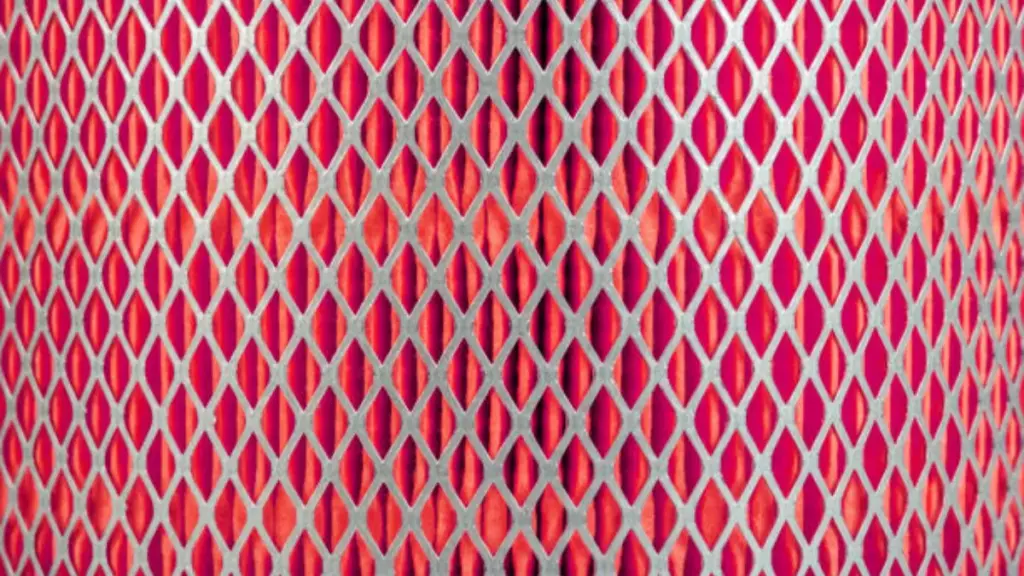
Cost-saving strategies without compromising performance:
- Use SS304 When Possible: Only upgrade to SS316/316L when necessary, reducing material costs.
- Optimize Size: Avoid over-sizing; match the filter size to actual airflow requirements.
- Choose Reusable Filters: Stainless steel filters are designed for multiple cleaning cycles, reducing lifetime cost.
- Bulk Purchases: Consolidating orders can reduce shipping and handling expenses.
- Buy Directly from Manufacturers: Direct sourcing eliminates distributor markup and ensures better technical support.
Where to Buy Stainless Steel Air Filters
Three main sourcing options:
| Supplier Type | Advantage | Limitation | Best Use |
| Local Distributor | Fast delivery, low minimum order | Higher unit cost | Small-scale replacement |
| Trading Company | One-stop sourcing | Limited technical support | General procurement |
| Direct Manufacturer | Best pricing, customization, engineering support | Minimum order requirements | Factories, OEMs, and bulk buyers |
With over 17 years of experience in industrial stainless steel air filter manufacturing, Airy operates 20+ production lines with a monthly output exceeding 200,000 units. We provide direct factory sourcing with competitive pricing, reliable production capacity, and consistent quality. Our team can handle standard and fully customized filters, offering guidance on material selection, dimensions, and maintenance to ensure optimal performance. By working directly with Airy, you gain efficient delivery, professional support, and durable filtration solutions. For reliable, long-lasting air filtration solutions, visit our website at Airy or submit an inquiry through our contact form to receive a personalized quote.
FAQs
What factors influence the price of industrial stainless steel air filters?
Prices depend on filter type, micron rating, material grade (e.g., SS304 vs SS316L), size, manufacturing quality, and whether the filter is customized for specific industrial applications.
Is a stainless steel air filter good?
Yes. Stainless steel filters are durable, reusable, and resistant to corrosion, heat, and chemical exposure, making them ideal for industrial applications where long-term performance and low maintenance are required.
Is SS316 always the best choice?
Not necessarily. SS304 often meets most indoor industrial needs. SS316 or SS316L is necessary for corrosive or hygiene-critical environments.
Are stainless steel filters expensive?
Yes, the initial cost is higher than aluminum or plastic, but the long service life and reusability often make them more economical over time.
Where can I buy industrial stainless steel air filters at the best price?
Prices can vary by supplier and region. It’s recommended to compare quotes from multiple manufacturers, distributors, or industrial suppliers and consider bulk purchase discounts.
What are the signs of a dirty air filter?
Reduced airflow, increased pressure drop, visible dust accumulation, or higher energy consumption are common indicators that the filter needs cleaning or replacement.
Can stainless steel filters be cleaned and reused?
Most filters can be cleaned 8–12 times without losing efficiency if proper cleaning procedures are followed.
How to clean a stainless steel air filter?
Remove the filter, rinse it with water or use a mild detergent for stubborn dirt, and allow it to dry completely before reinstalling. For pleated or multi-layer filters, clean each layer carefully to avoid damage.
How long do stainless steel air filters last?
Typically, 3–8 years, depending on environment and maintenance.
What micron rating is suitable for industrial use?
For standard dust removal, 10–25 μm is sufficient. Only choose finer ratings if your process demands it.

